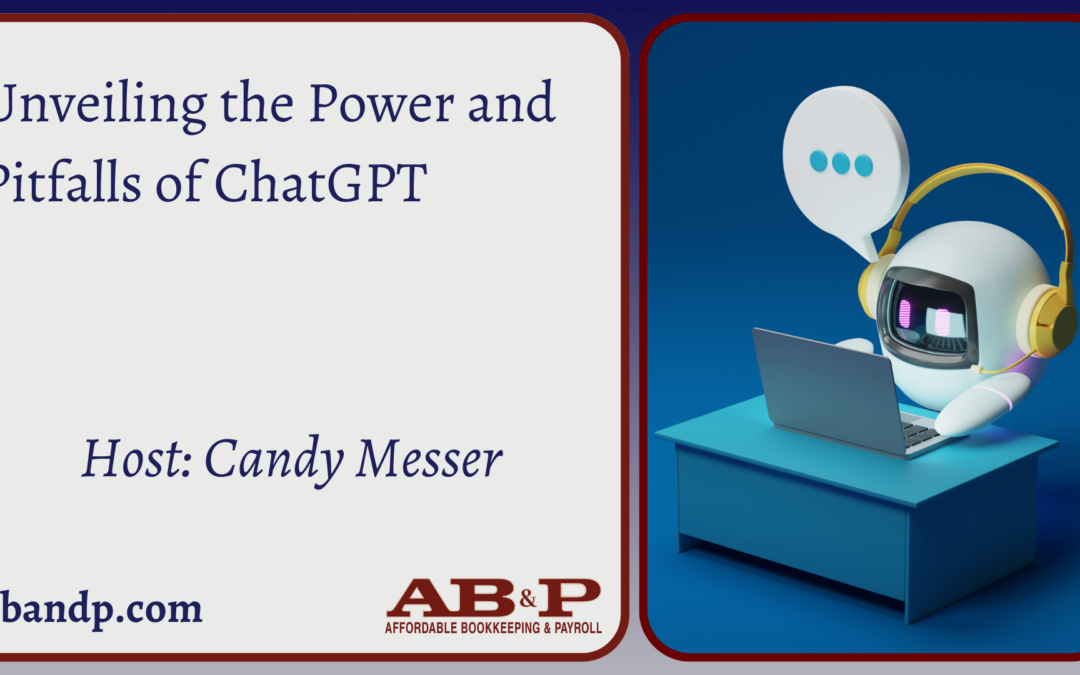Artificial intelligence, as exemplified by AI chatbots like ChatGPT, is reshaping our world. For professionals across various domains, the question looms: can AI, such as ChatGPT, revolutionize how they serve their stakeholders, assist their teams, and prepare them for the future?
To delve into this inquiry, let’s first dissect what ChatGPT is and subsequently provide an illustrative conversation between this influential AI chatbot and a hypothetical user.
Natural language processing (NLP) researchers have harnessed the potential of chatbots and conversational AI systems like ChatGPT, engineered to provide responses that emulate human interaction.
Fueled by massive datasets, ChatGPT can offer insights, draft documents, generate code, and even brainstorm ideas. Its rapid responses and ability to recall previous interactions make it a remarkable time-saving tool.
In various professional realms, ChatGPT can write formulas, generate templates, and analyze complex data, unveiling trends and insights.
But there are issues to be aware of.
While ChatGPT holds immense promise, it should be approached with caution, as it’s not infallible. The AI generates responses based on user inputs and may occasionally provide incorrect or irrelevant answers.
For instance, I once submitted a prompt asking the rules regarding the Employee Retention Tax Credit to see if it would provide accurate info and the answer was no. It gave the original rules, but the guidelines had changed a few times. If someone would have trusted the info provided, they may have filed erroneous returns.
Furthermore, the biases present in the datasets it relies on may influence its responses. Additionally, its knowledge is constrained, with the most recent data dating back to 2021 (as of this recording), rendering it oblivious to events and developments beyond that point.
As ChatGPT’s adoption continues to grow, the question arises: can it replace certain tasks or professions? To assess its competence, a practical experiment was conducted. Key questions that users might pose to AI were presented to ChatGPT, and the results were analyzed.
In the experiment, ChatGPT’s responses, though informative, were somewhat lacking in depth and nuance. While it provided general advice, it often overlooked critical details.
This reinforces the notion that while AI chat platforms like ChatGPT can offer fundamental guidance, they are no match for the expertise and personalized service provided by human professionals. It is crucial for you to understand the limitations and appropriate use of AI in your interactions with practitioners.
The AI landscape continues to evolve rapidly, with competitors and new versions entering the arena. OpenAI recently released ChatGPT version four, boasting a trillion parameters and rivaling its predecessors. Notably, other tech giants are also investing in AI initiatives. As the AI landscape advances, the possibilities and challenges it presents will only multiply.
While AI, represented by ChatGPT, is transforming the way professionals work, it is clear that it cannot replace the value of human expertise and personalized service. Instead, AI should be seen as a powerful tool to complement, not substitute, for professional providers.
As the AI journey continues, stay informed, adapt, and navigate the evolving landscape to ensure you continue to serve your stakeholders and prepare for the future. The AI revolution is here, and we must embrace it as a catalyst for innovation and progress.
Can ChatGPT answer your clients’ questions? – Journal of Accountancy
